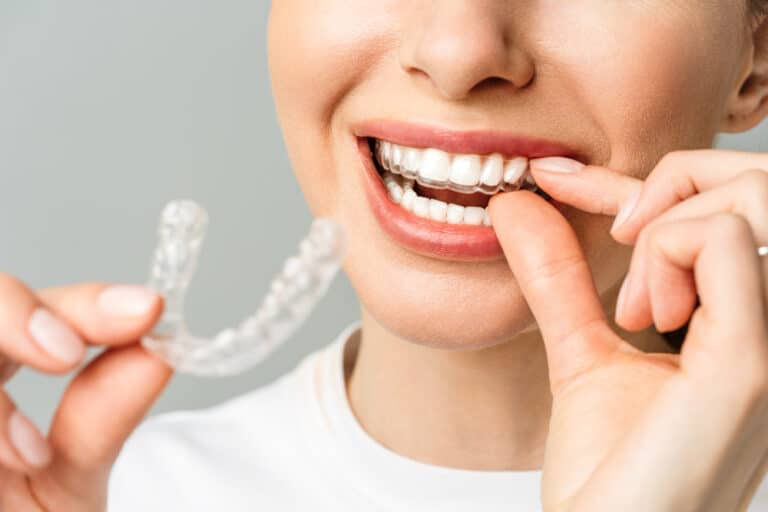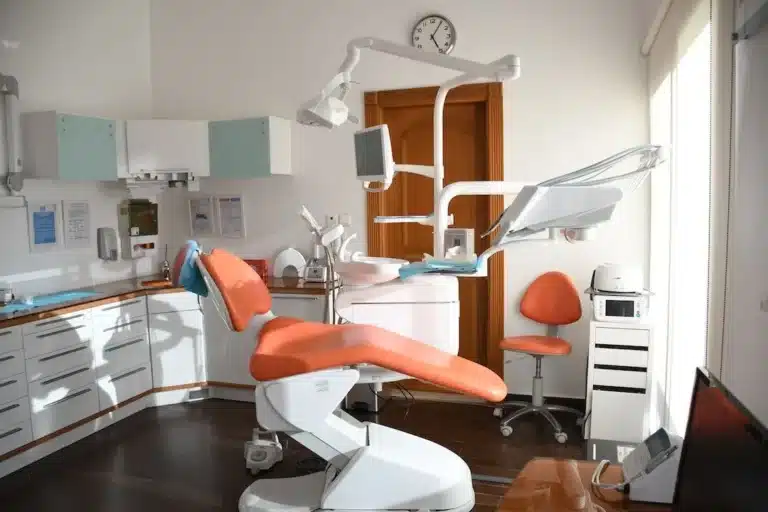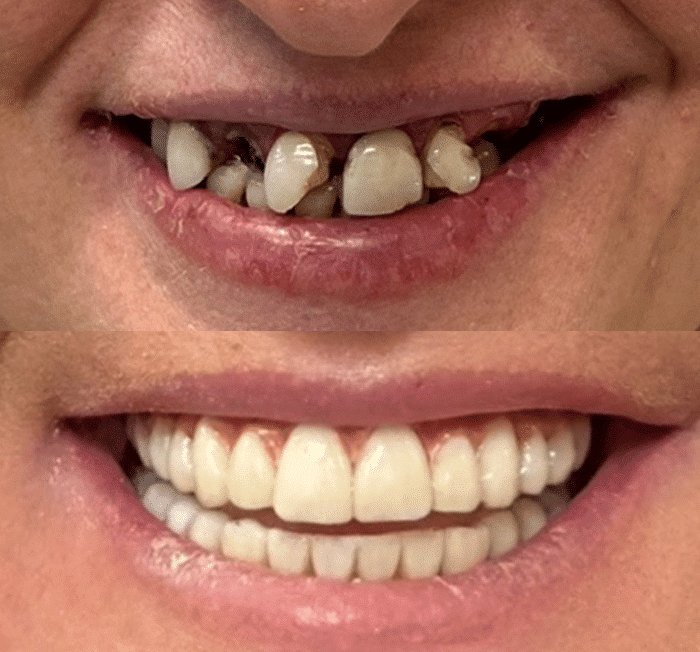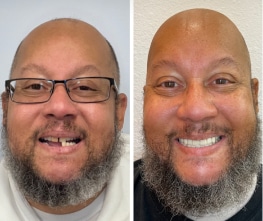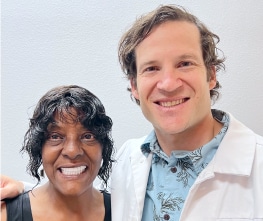When you’re in the throes of dental pain, you want relief as soon as possible. Dental emergencies can have immediate and long-term consequences and it’s important to have a trusted dental team on speed dial.
Yet, have you ever wondered what exactly constitutes a dental emergency?
In today’s post, we’re taking a look at which types of treatments fall into this category. While some dental issues will require urgent care, others may be able to wait until your next dental appointment. Knowing the difference can save you time and money and help you make a more informed decision on your oral care.
Defining a Dental Emergency
Oral pain is frustrating and uncomfortable, no matter how intense it is. However, not every instance of pain will be considered an emergency.
How can you determine whether you should book an appointment with an emergency dentist or hold out until your next appointment? In general, a dental emergency is any situation in which your dentist needs to:
- Relieve severe pain
- Save a lost or loose tooth
- Treat a life-threatening infection
- Stop bleeding or address trauma
Let’s break these down and explain their most common symptoms.
Severe Pain
You should never have to suffer from severe dental pain. If your teeth or gums are hurting you to the extent that it negatively affects your quality of life, go ahead and book an emergency dental appointment.
Your dentist will be able to examine your mouth to determine the root of your discomfort. Then, they can treat that area to relieve the pain and restore your overall well-being.
Lost Tooth
When a child loses a baby tooth, it doesn’t usually require a trip to the emergency dentist. That’s because we expect those teeth to fall out to make room for their permanent teeth!
However, adults should not lose their teeth under normal conditions. If you’ve lost yours from trauma, decay, or any other type of dental issue, it’s important to tell your dentist right away. In some cases, fast treatment can help save your tooth and prevent further problems down the road.
Loose Tooth
Similarly, an adult tooth should never feel loose. This could signal a more serious problem, such as decay or damage. Even if you’re not experiencing any pain at the site, it’s still smart to ask an emergency dentist to check it out.
Oral Infection
If you’re experiencing signs of an oral infection, don’t hesitate to reach out to your dental team. From periodontal disease to an abscessed tooth, many different types of diseases can lead to an infection.
These infections can range from minor to life-threatening, so it’s essential to seek professional treatment right away.
Bleeding or Trauma
Any time you’ve experienced trauma to your mouth or you’re bleeding from your mouth in any way, it’s critical to visit an emergency dentist. Many times, these symptoms are linked to a more serious dental emergency.
Common Types of Dental Emergencies
Still, wondering if you should seek emergency care for the dental issue you’re experiencing? Let’s take a look at a few of the most common types of dental emergencies.
Unexplainable Tooth Pain
You can’t remember injuring your mouth in any way, and you don’t see any signs of infection. Still, you have a terrible toothache that just won’t quit.
This is your body’s way of informing you that something isn’t right in your mouth, and it’s time to find treatment. From a broken tooth to exposed nerves, there are many kinds of dental issues that can lead to sudden, extreme pain. Waiting to see your dentist could exacerbate the problem and make it more difficult to treat.
Book an appointment with your dentist as soon as possible, and use these techniques to relieve the discomfort in the meantime:
- Saltwater rinse
- Cold compress
- Over-the-counter pain medication
Inflammation in Your Jaw or Mouth
If you suddenly notice swelling around your jaw or mouth, this issue could require immediate treatment. Unexpected oral inflammation usually accompanies an infection, such as an abscess. It could also be a sign that your body is fighting off a virus or disease, which can cause your lymph nodes to become swollen.
Severe Gum Inflammation
Typically, minor gum inflammation isn’t a cause for immediate concern. However, if you’ve found that yours are constantly painful and swollen, call your dentist as soon as possible, especially if they won’t stop bleeding.
These symptoms could point to a greater health issue, such as periodontitis.
Lost Tooth by Impact
If an object impacts your tooth and knocks it out, you may be initially stunned. However, there’s a chance that you could save your tooth if you act quickly.
While every case is different, you can improve the likelihood of your dentist re-inserting and preserving your tooth if you perform the following steps:
- Book emergency dental care
- Pick up the tooth carefully, avoiding the root
- Rinse the tooth with water
If possible, reinsert the tooth into its socket while waiting to see your dentist. If you can’t re-insert it, place it in a clean container of milk or water.
Dental Abscess
If you have a deep cavity, chip, or crack in your tooth, it can allow bacteria to enter into the innermost part of that tooth. Left untreated, this bacteria can cause an infection, which results in a pocket of pus forming at the tip of the tooth root.
This is a severe condition that could even be life-threatening. Symptoms of an abscessed tooth include:
- Fever
- Facial swelling
- Temperature sensitivity
- Swollen lymph nodes in the neck
- Constant toothache
- Small, pimple-shaped bump on your gums near the tooth
If you think you have an abscess, call your dentist immediately. The infraction could spread beyond your mouth and into your jaw, nearby tissues, and the rest of your body.
A Local Emergency Dentist You Can Trust
A dental emergency can be shocking and upsetting. Thankfully, when you have a dental team you can trust, you know that you’ll always be in good hands, no matter what kind of issue you’re dealing with.
If you’re looking for a dentist in Monument Colorado, we’d love to be your resource. At Advanced Dental & Implant Center, we treat all of our patients like family, and we’re here any time you need us.
In addition to general, cosmetic, and restorative dentistry services, we also offer emergency dentistry support. We’ll help you find the relief you need, right when you need it. Contact us today to learn more or schedule an appointment.


